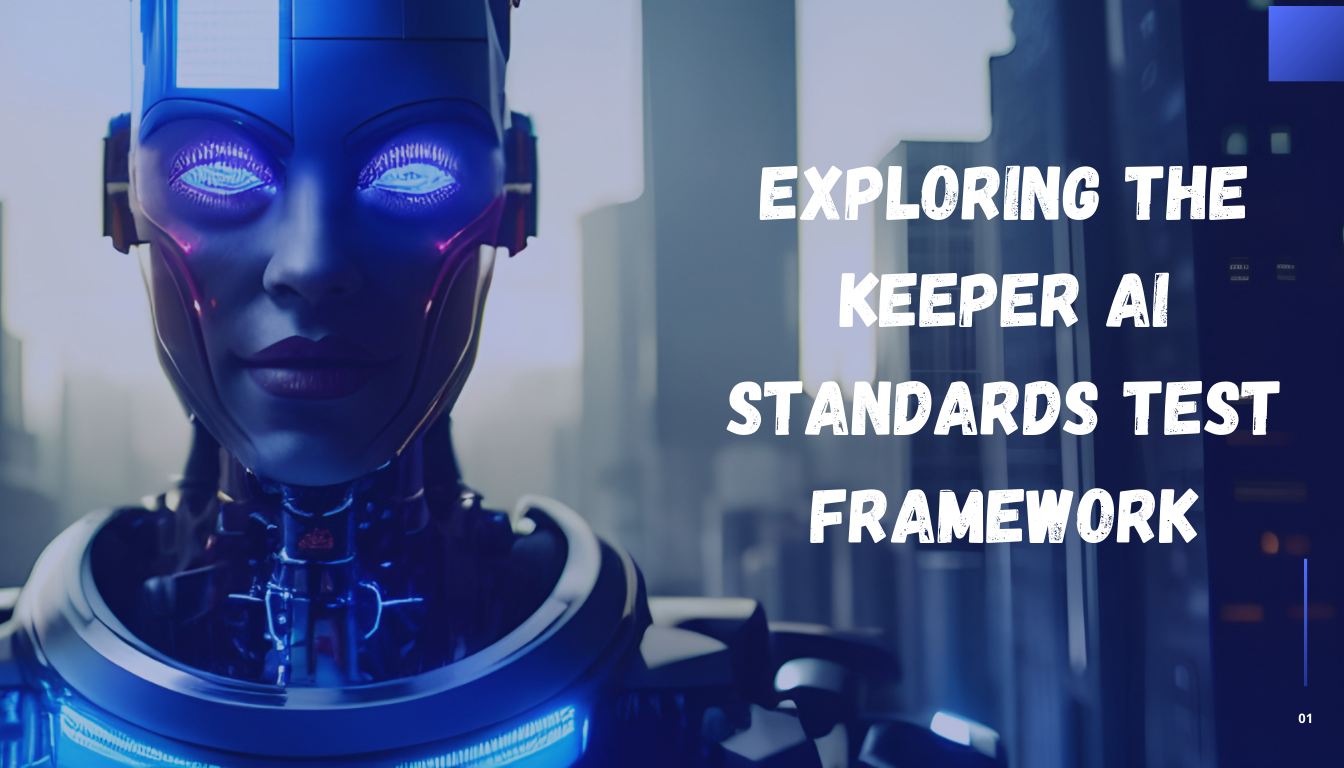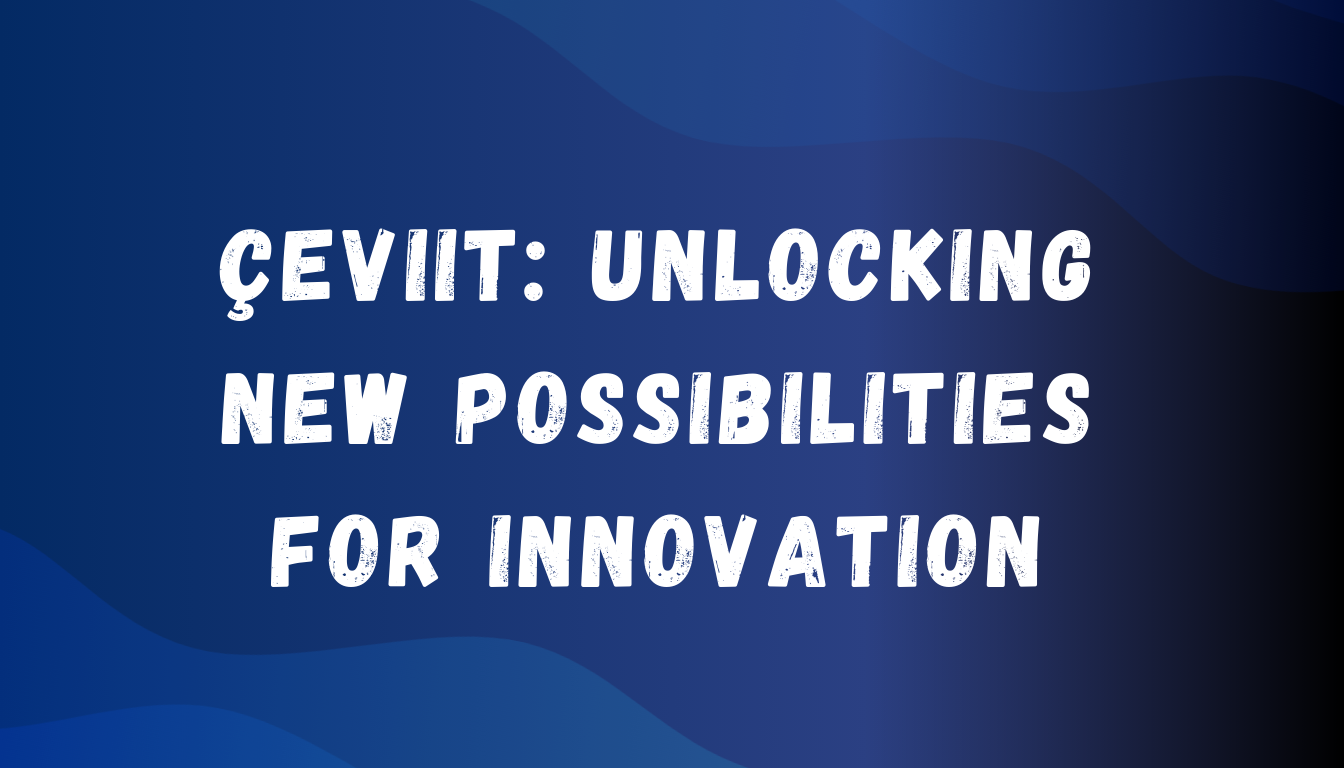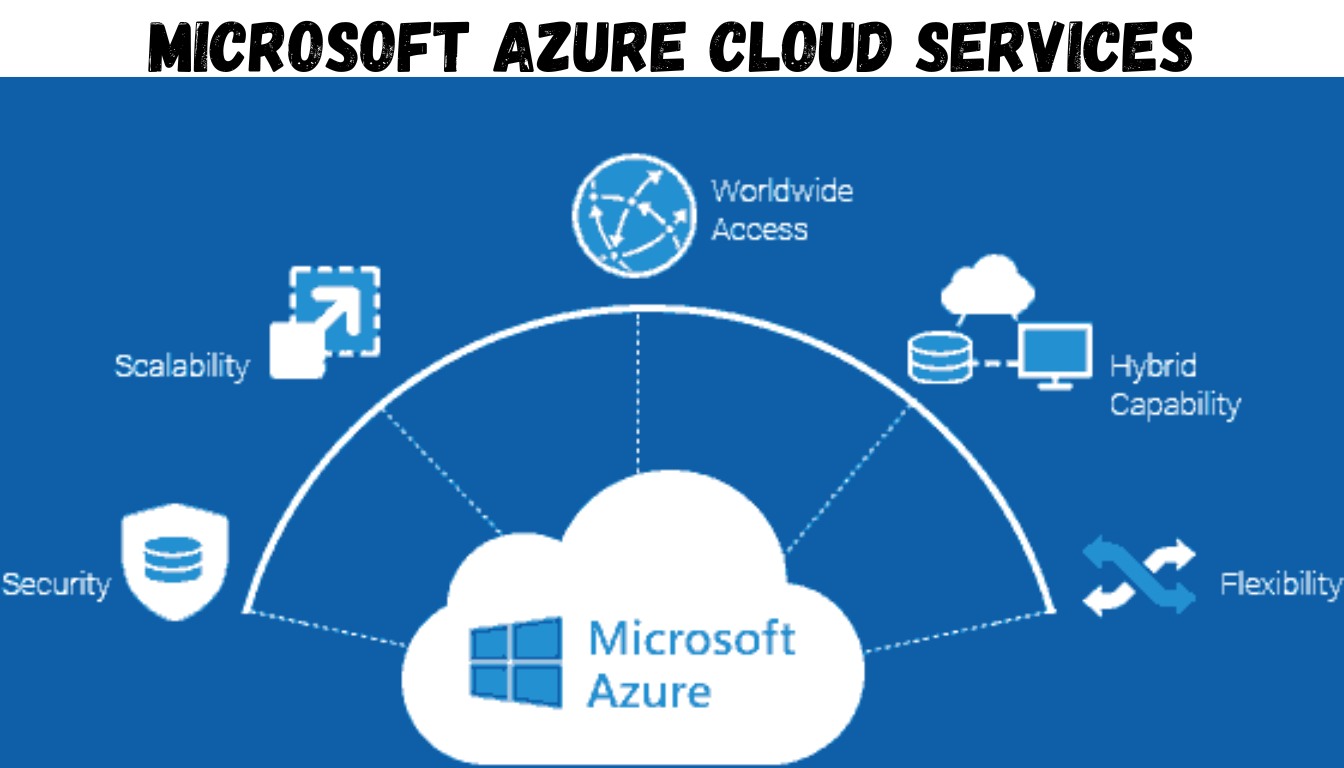The Keeper AI Standards Test is a final benchmark test to validate the quality, resilience, and ethics of an AI system. With the increasing embedding of AI in the daily routine of our lives, it is of the utmost importance to comply with conventional everyday regulations of AI systems.
This test serves as a formal structure for assessing an AI beyond technical benchmarks, adherence to ethical constraints, and efficacy in a variety of contexts.
Whether you are a developer, a businessperson, or an AI enthusiast, learning about the Keeper AI Standards Test is a critical step in facing the changing area of AI with certainty.
What Is Standards Test Keeper AI?
The keeper standard test is an integrated platform for assessing AI systems according to specified criteria. Weighting is assigned the same importance (i.e., performance, accuracy, ethical fidelity, safety, and validity).
Reframing the gold standard, this assay ensures that AI technology is applied in a trustworthy, ethical way with a low-risk profile.
A major application of the Standards Test Keeper AN is for developers, researchers, and organizations, but it is critical for the development of public trust and transparency in AN use.
It is a crucial instrument for determining if an AI system satisfies the criteria for deployment in sensitive/high-stakes environments.
Key Features
Below are the key features of the Standards Test Keeper AI:
Performance Evaluation
Compares accuracy, speed, and system performance in general for the AI system concerning task completion in various environments.
Ethical Compliance
Ethically validates the use of AI, i.e. by taking into account fairness, transparency, and ensuring privacy.
Reliability Testing
Confirms the repeatability and the AI’s capacity to provide accurate results across different situations.
Safety Validation
Compares the performance of the system in ensuring protection from harm and risk reduction in critical or pressing applications.
Scalability Assessment
Provides an estimate of the system’s ability to scale and integrate with larger workloads or other systems.
Usability and Accessibility
Confirm’s ease of access, intuitiveness, and suitability to a variety of users.
Bias Detection
It detects and addresses potential inherent biases in the AI’s decision-making process.
Real-World Simulation
The AI is tested under realistic environments to confirm its adequacy to be used in real-world applications.
Compliance with Industry Standards
It overlays both the AI-based system and control, context-sensitive, and subject-area-oriented performance metrics.
Continuous Monitoring
Provides a method for long-term evaluation to assure adherence and ongoing performance over time.
These features are hallmarks of the Standards Test Keeper AI as a full generator of trustworthy and effective AI solutions.
Benefits of Keeper AI Standards Test Implementation
Benefits of Implementing the keeper standards test :
Enhanced Performance and Reliability
It guarantees that AI systems are properly functioning and produce high-quality quality of results regardless of the scenario.
Strengthened Ethical Compliance
Ensure fairness, transparency, and privacy compliance, thus mitigating the risks of unethical practice or misuse of information.
Increased User Trust
AI systems validation using established standards generates trust among users, stakeholders, and regulators.
Risk Mitigation
Detects and mitigates risks, e.g., biases or safety concerns, before deployment in live applications.
Regulatory Alignment
Provides compliance enablers for industry-specific solutions to achieve compliance with industry-specific regulation without incurring penalties, and in preparation for market launches.
Cost and Time Efficiency
Early identification of defects reduces the amount of deep-in-field software patches that need to be produced through post-deployment patching, using valuable resources.
Adaptability and Scalability
Makes it possible to scale AI systems to handle higher workloads and adapt them to the changing needs of the organization.
Improved Decision-Making
Validates the reliability and fairness of AI-based decision-making, hence the reliability of the resulting outcome.
Market Competitiveness
Solutions, however, can be distinguished in a competitive market through certification using the Keeper AI Standards Test, which shows quality and respectability.
Support for Continuous Improvement
Offers continuous assessment metrics, facilitating adaptive improvements and, over longer periods, optimization of the system itself.
Applying the Keeper AI Standards Test enables companies to build, trustworthy, and future-forward AI systems while at the same time building trust with the user and the regulator.
Industry Applications of the Keeper AI Standards Test
Healthcare
Provides validation of AI-based diagnostic devices and patient care systems to ensure ethical and safety standards, reducing risk and improving patient outcomes.
Finance
Validates fairness and accuracy of artificial intelligence in fraud detection, credit scoring, and algorithmic trading, so that compliance with regulations is assured.
Autonomous Vehicles
Evaluates AI systems in autonomous vehicles for safety, robustness, and real-time decision-making in the world, improving public confidence.
Retail and E-Commerce
Compares recommendation engines, inventory management systems, and chatbots in terms of their accuracy, ease of use, and scalability.
Manufacturing
A claim regarding the accuracy of operation and compliance within the safety guidelines of the industrial robotic and automation systems’ operation in critical conditions.
Education
Studies the use of artificial intelligence (AI) features in adaptive learning systems for automatic selection and personalized student engagement.
Energy and Utilities
Validates the potential application of AI for energy distribution optimization, asset failure prediction/preventability, and control of renewable generation.
Public Safety and Security
Studies use AI applications to monitor, detect threats, and respond to emergencies to ensure responsible data use and privacy.
Human Resources
Compares tools for acquisition and employee management of bias-free decision-making and regulatory compliance.
Government and Policy Making
Evaluates AI applications in public service, urban planning, and policy simulation concerning fairness and accountability.
Media and Entertainment
Validates AI-assisted content recommendation, video editing, and personalizing to most effectively improve user experience without sacrificing privacy.
Agriculture
Aids effective and efficient operation of AI applications for crop monitoring, predictive analysis, and automated machinery.
Aerospace and Defense
Tests AI systems for use in mission-critical operations, safety, reliability, and compliance with stringent regulatory requirements.
Conclusion
The Keeper AI Standards Test guarantees that AI systems are trustworthy, responsible, and thus appropriate for application in the real world. It addresses the performance, safety and compliance factors and it creates trust and reduces risk across the industry.
Implementing this test is an important step to allow the development of effective and reliable AI solutions now and in the future. Read more articles…



